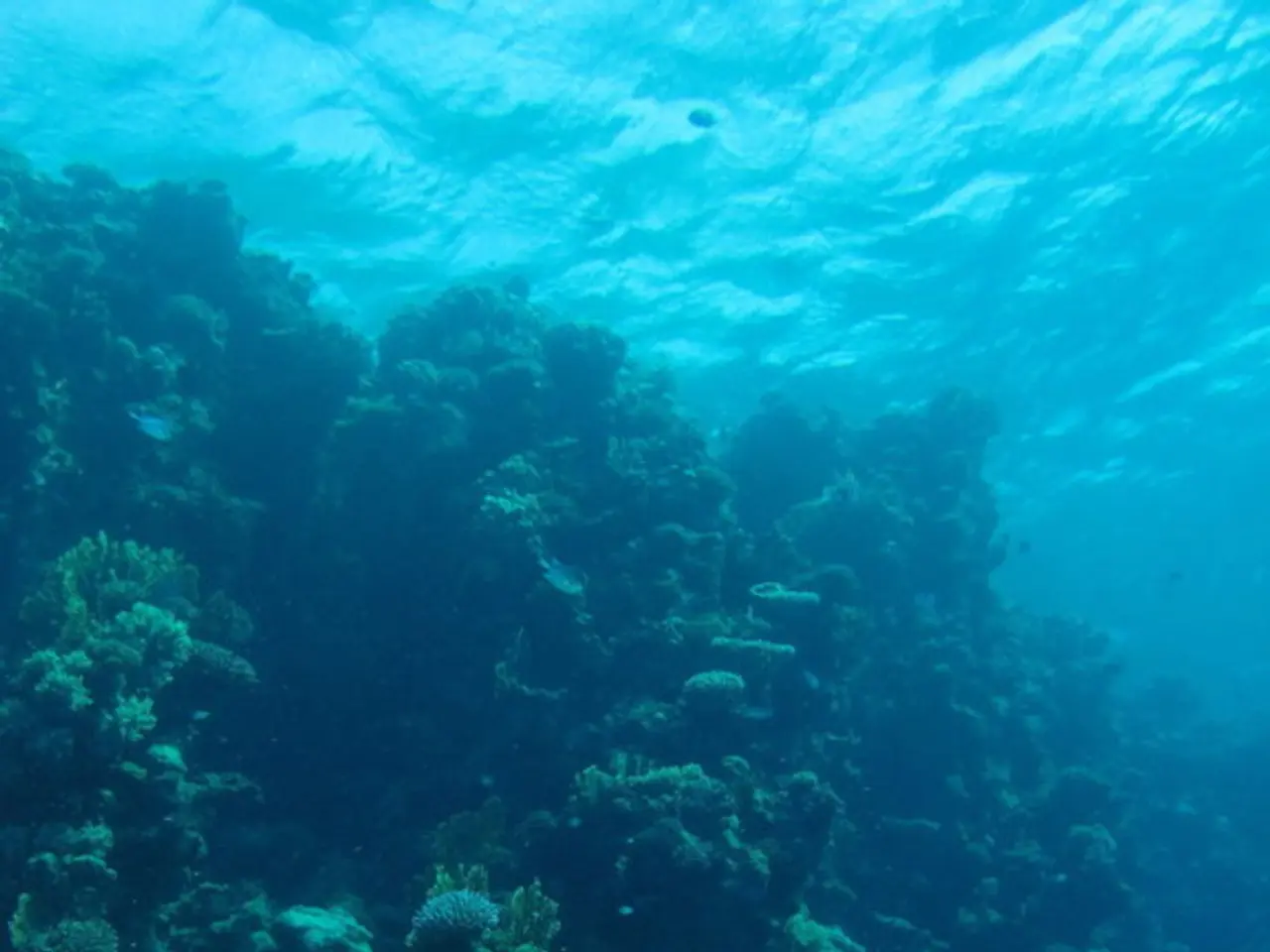Arctic Sea Ice Hits Record Lows as Ocean Faces Urgent Threats
The ocean, our planet's life support system, is facing unprecedented threats. Climate change, biodiversity loss, and pollution are affecting every part of it. Recent events highlight the urgency of the situation.
Arctic sea ice has hit record lows, with four consecutive all-time lows recorded between December 2024 and March 2025. This alarming trend is due to rising ocean temperatures, which reached a record high of 21°C in spring 2024. Marine heatwaves in 2023 and 2024 were the hottest ever recorded, exceeding previous records by over 0.25°C.
These changes are causing sea levels to rise rapidly. Since 1901, sea levels have increased by 228 millimetres, putting 200 million Europeans in coastal areas at risk. Invasive species, like Atlantic Blue Crabs and Bearded Fireworms, are also on the rise, taking advantage of warmer waters.
The Copernicus report, a vital source of data on ocean changes, warns that these issues are affecting ecosystems, food security, and economies. The EU is responding by stepping up action to protect biodiversity, cut pollution, and strengthen resilience against climate change.
The ocean's plight is clear. Record lows, rising temperatures, and increasing threats demand immediate action. The EU's commitment to protect and preserve our oceans is a step in the right direction, but more must be done to safeguard this vital resource.








